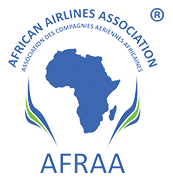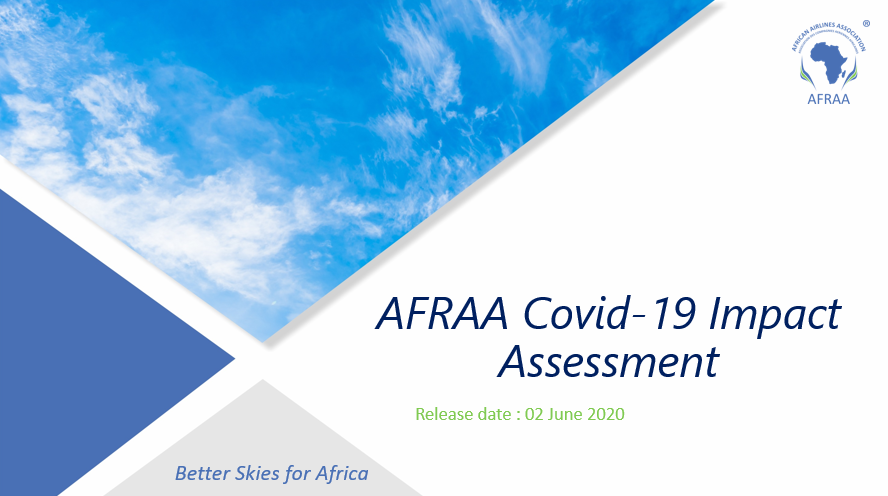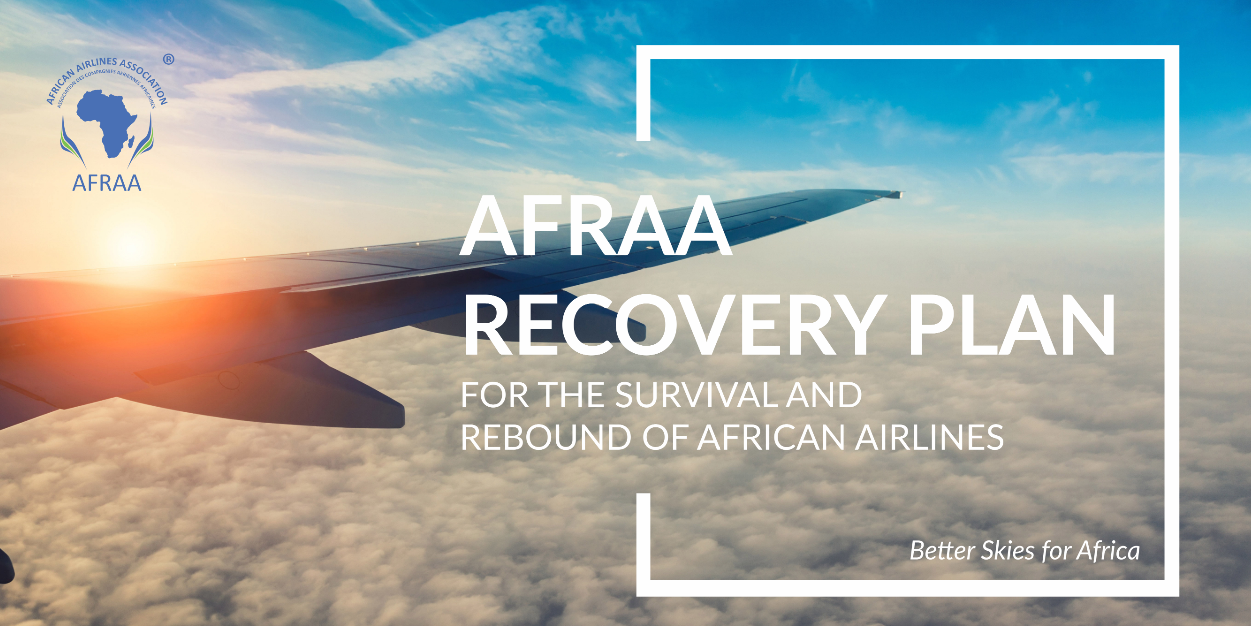4 payments initiatives to improve cash flow
By Ignacio González | Financial, Payments Management| Accelya
The outbreak of COVID-19 has brought unusual trends in a very short time period. Everything we have known has been turned upside down.
The circumstances have modified priorities for airlines, making cash flow management and revenue protection essential strategies to respond to the industry situation.
At Accelya, we have seen for the first time ever, the amount of refunds processed exceeding the number of charges. On the other hand, chargebacks have increased 800% between January and March this year compared to the same period in 2019.
How can the rise in chargebacks affect airlines?
This increase can put pressure on chargeback management teams, who may not be ready for such a scale of change.
But this is not the only factor to consider. In some cases both a refund and a chargeback take place in the same transaction. This is called double-dipping and has dramatically increased for airlines during month of March, adding up costs and creating an additional burden on cash flow.
What do you need to mitigate this impact?
Alignment: On average, 40% of chargeback claims are successfully defended. To minimize risk, your chargeback, refund and reconciliation teams need to work closely. You also need to consider expanding your team in a timely manner as it takes 3 to 4 months to train a chargeback specialist.
Adherence to deadlines: It is vital to have your teams ready so that your chargebacks can be defended within a set timeframe. Otherwise, you will lose the amount at stake and incur scheme and acquirer costs.
Comprehensive analysis: Your teams will need to use a detailed and highly granular data pool (a transaction level reconciliation of chargeback requests and refunds is required) to ensure that both refunds and chargebacks are not accepted in the same transaction.
What initiatives are airlines putting in place?
Revenue protection is a major challenge to the industry now. To learn how to address this, we have listened to our customers, who have been carrying out different practices during the last couple of weeks. Every airline has its own story, but overall, these are solutions we have seen working best:
Refund proposals: Some airlines are actively proposing refunds to avoid chargeback fees. If you follow this approach, ideally you would not proceed with the refund right away, but would need to also make sure to communicate it to the final customer, so the dispute is not triggered and so you can save the chargeback fee and administrative cost.
Presentment delay: To protect cash and to slow the rate of refunds hitting their respective acquirers, airlines have requested a set time delay between the date of the refund and the presentment to the acquirer. The delay goes anywhere from 30 to 45 days.
Unflown risk monitoring: Understanding unflown risk exposure helps predict cash flow and provides data that enables meaningful discussions with acquirers. According to our Webinar survey, 64% of the airlines do not review their unflown. Reviewing the unflown at this point is vital in refunds cancellations and chargebacks to free up as much cash as possible out of the collateral.
New acquirer set up: 46% of acquirers have changed settlement terms. We have seen airlines looking to open new acquiring connections for credit card billing, since existing agreements are frozen, or the terms of the agreement have trigger clauses that slow the release of cash.
Encouraging signs within the industry
It’s not all bad news. At the beginning of April, we have seen that credit card payments from our global pool of data have started to show an element of recovery.
Now that chargeback and payment dispute ratios have increased, the ability to ensure that only those that are valid are accepted becomes paramount for protecting cash.
According to our last Webinar survey, cash flow is a main priority for airlines, so we strongly recommend contemplating some of these initiatives to ensure its protection.
Source: Accelya



